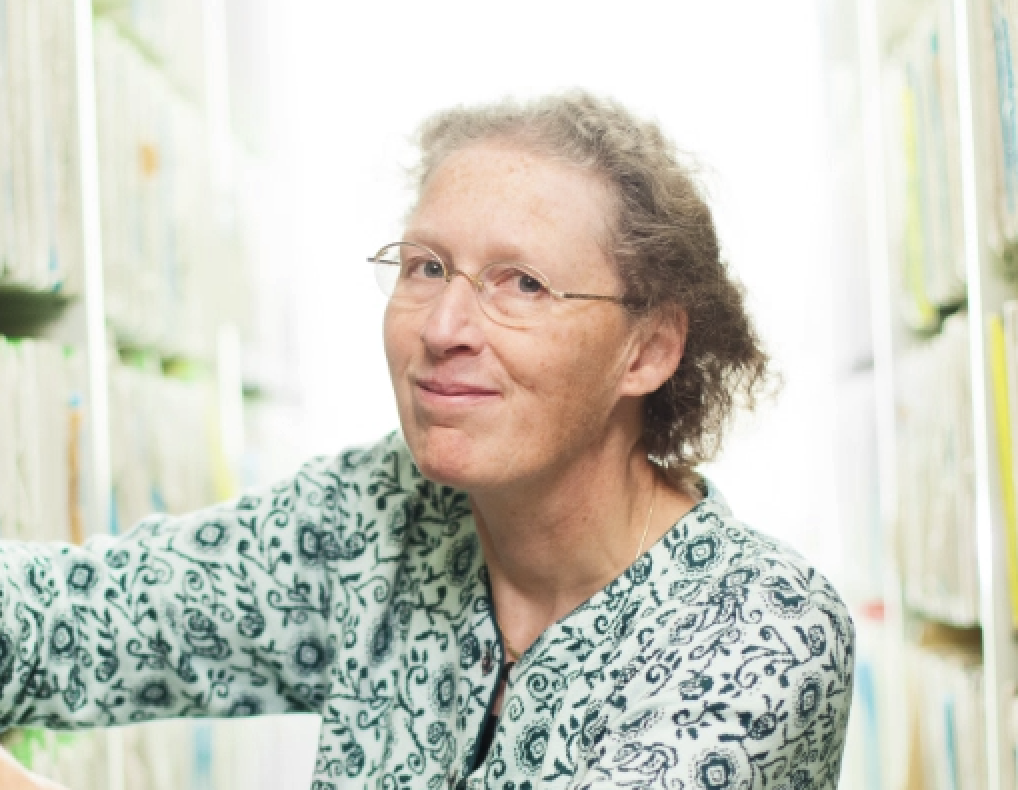Prediction models for risk of cardiovascular disease after treatment for breast cancer
Over the past decades survival from breast cancer has substantially improved due to earlier diagnosis, more effective systemic treatment and more accurate radiotherapy techniques. Therefore, it is increasingly important to evaluate how the occurrence of late adverse treatment sequelae affects long-term morbidity and mortality from diseases other than breast cancer. After breast cancer treatment, increased risks of various cardiovascular diseases have been observed. These excess risks are attributable to both radiotherapy and systemic treatments. So far, there is no prediction tool for clinicians and patients to estimate the absolute risk of cardiovascular disease after specific breast cancer treatments, accounting for age, time since treatment and traditional cardiovascular risk factors.
In this project we aim to develop prediction models for cardiovascular disease risk among newly diagnosed breast cancer patients and breast cancer survivors, using a large breast cancer cohort (n=23,800) in the Netherlands with near complete data on cardiovascular diseases. Using these prediction models, we will develop two user-friendly online prediction tools for cardiovascular disease risk: one for new patients and their doctors to be used as a decision aid to weigh harms and benefits from selected treatments, and one for survivors to discriminate high-risk individuals eligible for cardiovascular screening/intervention.
